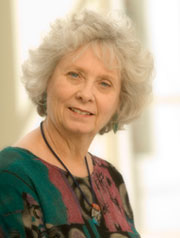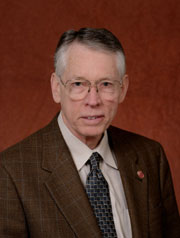CONTACT:
Mark Griffis
Vice President, Westcott Lakes
(850) 701-2947
mgriffis@westcottlakes.org
G. Richard Ambrosius
Vice President of Communication, PRAXEIS, LLC
(904) 381-0431
dambrosius@praxeis.com
FOR IMMEDIATE RELEASE
April 2009
Westcott Lakes at SouthWood is kicking off Older Americans Month with an Informational seminar at The Florida State University College of Medicine entitled Positive Aging…a Stimulus Package for Life. In keeping with the national U.S. Administration on Aging theme, “Living Today for a Better Tomorrow,” a panel of experts will share research studies and their own professional experience on how to get the most from life’s second half. The session will be held from 4 to 6 p.m. on Wednesday, May 6th at The Florida State University College of Medicine, Room 1306, followed by a reception in the Atrium.
While Americans are living longer, quality of life does not always follow the increased longevity. The panel will address such topics as brain fitness, preventive and patient-centered medicine, keys to successful aging, what’s really in the genes, the damage of aging stereotypes and much more with plenty of time for questions.
Panelists include Florida State’s own Dr. Kenneth Brummel-Smith, the Charlotte Edwards Maguire Professor and Chair of the Department of Geriatrics for Florida State’s College of Medicine. He is a former president of the American Geriatrics Society and serves on the National Advisory Council on Aging for the National Institute on Aging.
Dr. Brummel-Smith will be joined by G. Richard Ambrosius, Vice President of Communications for PRAXEIS, LLC and a nationally respected expert on future aging trends. For over 30 years, Mr. Ambrosius has been endorsing the benefits of positive aging with presentations to audiences in 49 states. Before joining PRAXEIS, he founded one of the nation’s first marketing companies to specialize in the maturing marketplace.
The panel will be moderated by Westcott Lakes CEO and gerontologist Christopher Mulrooney. Dr. Mulrooney holds a B.S. in gerontology from the Andrus Center at the University of Southern California and a Ph.D. in Psychology and Gerontological Studies from Boston University. He has over 20 years in the field of aging services in direct service roles, executive leadership, consulting, training, education and research.
“There is no secret to successful aging - it simply takes a positive attitude and focus on the Six Keys to Living Wellsm,” says Mulrooney. “Research indicates that people who accept aging as a time of decline and loss are more likely to become victims of a self-fulfilling prophecy that could result in premature frailty and dependence.” The panel will challenge attendees to stop accepting negative stereotypes of aging and will discuss research that documents why those following the positive aging pathway live an average of 7.6 years longer than the general population.
Anyone interested in attending the workshop can R.S.V.P. by calling Renee Prasek at 850-645-7110. To find out more about the many benefits offered by the trend-setting Life Fulfilling Community® of Westcott Lakes at SouthWood sponsored by Florida State University, visit www.westcottlakes.org.



